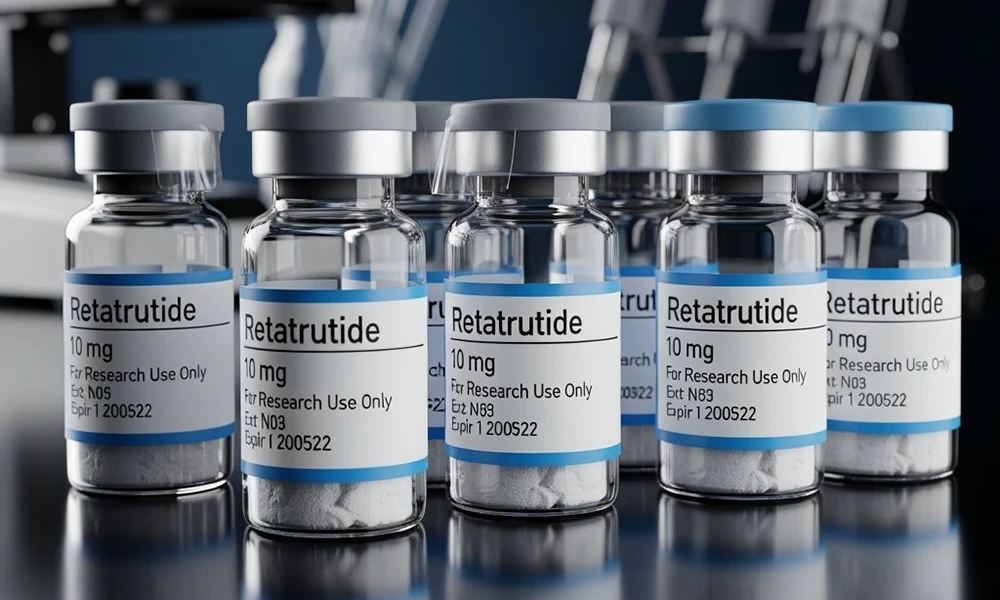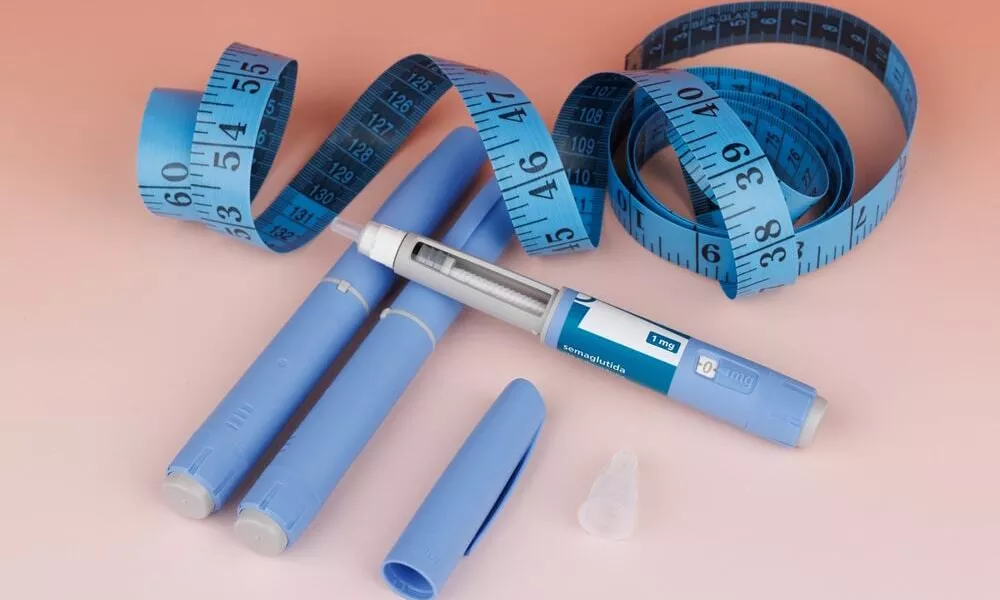Understanding Dopamine Precursors: Natural Support for Motivation and Mental Wellness
In our fast-paced modern world, maintaining optimal brain function and [...]
Retatrutide vs Ozempic: Comprehensive Comparison of Weight Loss Medications
The landscape of weight loss medications has transformed dramatically with [...]
Discover the Top Retatrutide Benefits for Obesity and Diabetes Therapy
Wondering what the benefits of Retatrutide are? This comprehensive drug [...]
Do GLP-1 Patches Work for Weight Loss? Here’s What You Need to Know
GLP-1 patches have quickly emerged as a promising option in [...]
Lemon Balm for Weight Loss: Science-Based Benefits and How to Use It
While countless weight loss supplements flood the market with bold [...]
Do Weight Loss Drugs Help Dementia? How GLP-1 Medications May Protect Brain Health
Recent medical breakthroughs have revealed an unexpected ally in the [...]
Revolutionary Harvard Study: How Vitamin D Supplements May Turn Back the Clock on Cellular Aging by 3 Years
What if you could slow down aging at the cellular [...]
Tirzepatide Dosing for Weight Loss: A Complete Guide
Tirzepatide is a medication that helps people lose weight by [...]
Which GLP-1 Is Best for Weight Loss? Compare the Top Options
If you’re looking to find out which GLP-1 is best [...]
New Insights into Mitochondrial Dysfunction and Autism: Symptoms and Solutions
Mitochondrial dysfunction in autism is a significant area of study. [...]



















